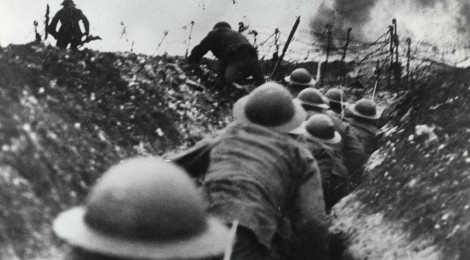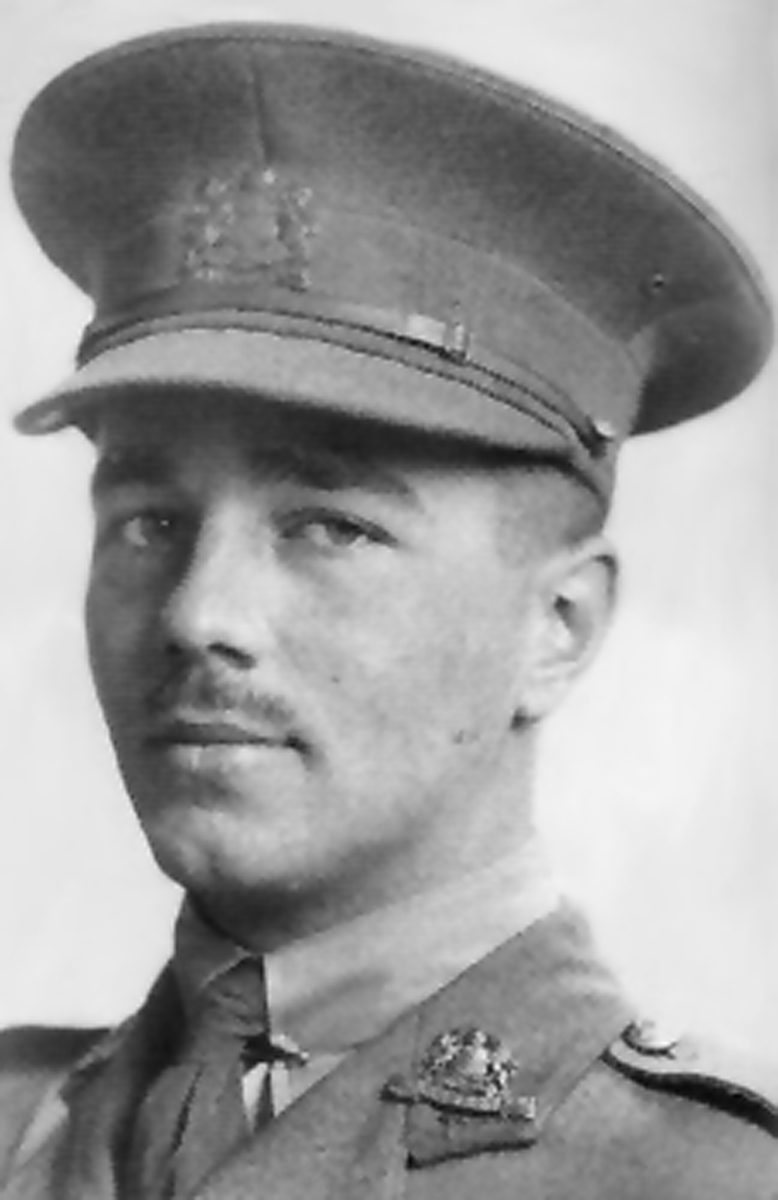
Insensibility
By: Wilfred Owen
I
Happy are men who yet before they are killed
Can let their veins run cold.
Whom no compassion fleers
Or makes their feet
Sore on the alleys cobbled with their brothers.
The front line withers,
But they are troops who fade, not flowers
For poets’ tearful fooling:
Men, gaps for filling:
Losses, who might have fought
Longer; but no one bothers.
II
And some cease feeling
Even themselves or for themselves.
Dullness best solves
The tease and doubt of shelling,
And Chance’s strange arithmetic
Comes simpler than the reckoning of their shilling.
They keep no check on armies’ decimation.
III
Happy are these who lose imagination:
They have enough to carry with ammunition.
Their spirit drags no pack.
Their old wounds, save with cold, can not more ache.
Having seen all things red,
Their eyes are rid
Of the hurt of the colour of blood forever.
And terror’s first constriction over,
Their hearts remain small-drawn.
Their senses in some scorching cautery of battle
Now long since ironed,
Can laugh among the dying, unconcerned.
IV
Happy the soldier home, with not a notion
How somewhere, every dawn, some men attack,
And many sighs are drained.
Happy the lad whose mind was never trained:
His days are worth forgetting more than not.
He sings along the march
Which we march taciturn, because of dusk,
The long, forlorn, relentless trend
From larger day to huger night.
V
We wise, who with a thought besmirch
Blood over all our soul,
How should we see our task
But through his blunt and lashless eyes?
Alive, he is not vital overmuch;
Dying, not mortal overmuch;
Nor sad, nor proud,
Nor curious at all.
He cannot tell
Old men’s placidity from his.
VI
But cursed are dullards whom no cannon stuns,
That they should be as stones;
Wretched are they, and mean
With paucity that never was simplicity.
By choice they made themselves immune
To pity and whatever moans in man
Before the last sea and the hapless stars;
Whatever mourns when many leave these shores;
Whatever shares
The eternal reciprocity of tears.
Wilfred Edward Salter Owen MC (18 March 1893 – 4 November 1918) was an English poet and soldier, one of the leading poets of the First World War. His shocking, realistic war poetry on the horrors of trenches and gas warfare was heavily influenced by his friend Siegfried Sassoon and stood in stark contrast to both the public perception of war at the time, and to the confidently patriotic verse written by earlier war poets such as Rupert Brooke. Among his best-known works – most of which were published posthumously – are “Dulce et Decorum Est”, “Insensibility”, “Anthem for Doomed Youth”, “Futility” and “Strange Meeting”.




